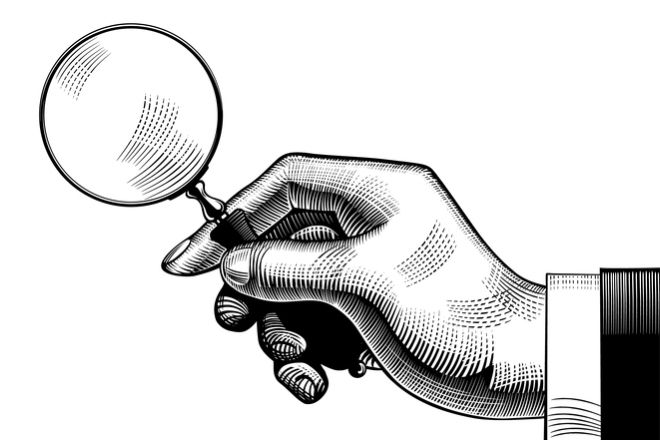“Investigations are important tools,” said Maciel. “They help make sure you are enforcing policies and procedures at your school that may have been violated by an employee or third party. You want to make sure your school's mission and your values are upheld.” Additionally, “internal investigations reduce exposure to claims,” she explained. “It's a really important risk management tool.” Through an investigation, a party that might be inclined to go to a lawyer can often settle their grievances within the school instead.
When might a school initiate an internal investigation? “Every investigation is unique and requires different types of judgment calls,” said Maciel. Common situations that warrant one include:
- Formal or informal reports of a policy violation, even if the reporting individual insists on no action
- Management’s knowledge of discrimination or harassment in the workplace, even if you don’t have a report
- Unusual or severe student, faculty or staff injury, such as electrocution
- Threats of violence
- Theft of property or information
- Outside-agency investigations or lawsuits, even if the employee did not complain internally
An internal investigation can also pre-empt claims against a school. “If you have a lawsuit or an EEOC [Equal Employment Opportunity Commission] charge, it's really important that you do an investigation immediately because you can take advantage of what's known as the Faragher-Ellerth Defense,” said Maciel, referring to a tool employers can use to avoid liability in certain circumstances.
Be sure the person conducting the investigation is “effective at making sure that everyone recognizes that this investigation is going to reach a fair and impartial result.”
Kara Maciel
Conn Maciel Carey
A good investigation should be prompt, methodical (neither rushed nor drawn out), confidential, objective and impartial. In approaching an investigation, determine its scope and timing, whether it should be short and informal or longer and formal, depending on the severity of the infraction. Most investigations should take place without delay, but some may take longer to conclude. Be sure the person conducting the investigation is either an outside party or respected within the school, understands the legal framework of the issues and is “effective at making sure that everyone recognizes that this investigation is going to reach a fair and impartial result,” said Maciel.
Maciel advises against investigating more than necessary. “There may be times when you need to take your investigation down a different path. You may need to involve third parties or external resources, but if it's about harassment and discrimination in the workplace based on someone's religion, don't start investigating pay issues.”
For more details on how to conduct an internal investigation, including identifying goals and developing a plan, gathering documents, examining school policies and procedures, maintaining an investigation file, interviewing parties, documentation and reporting, attorney-client privilege and confidentiality, watch the webinar or read the slides and transcript.



